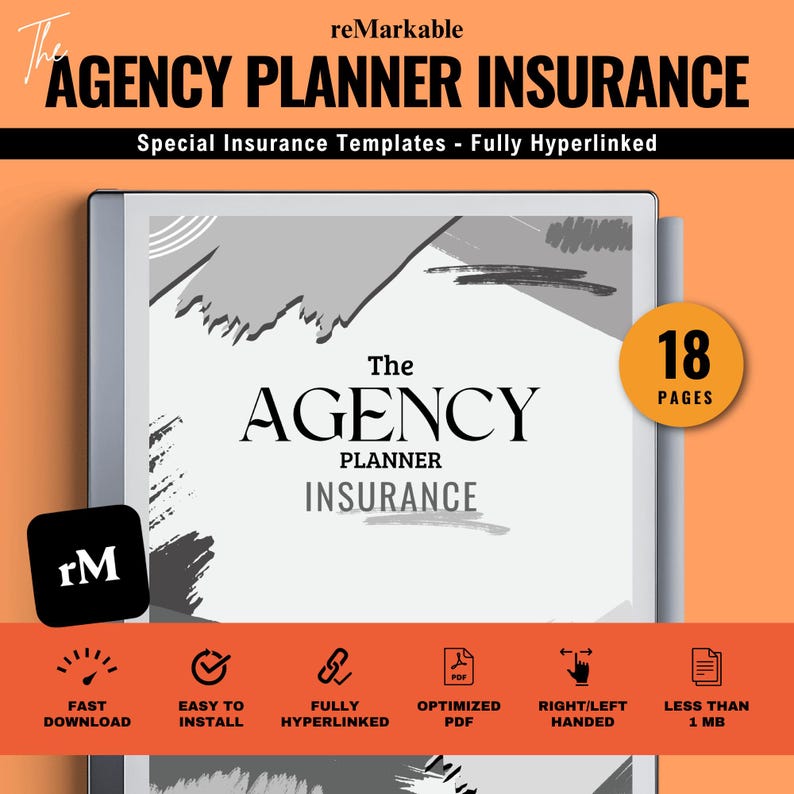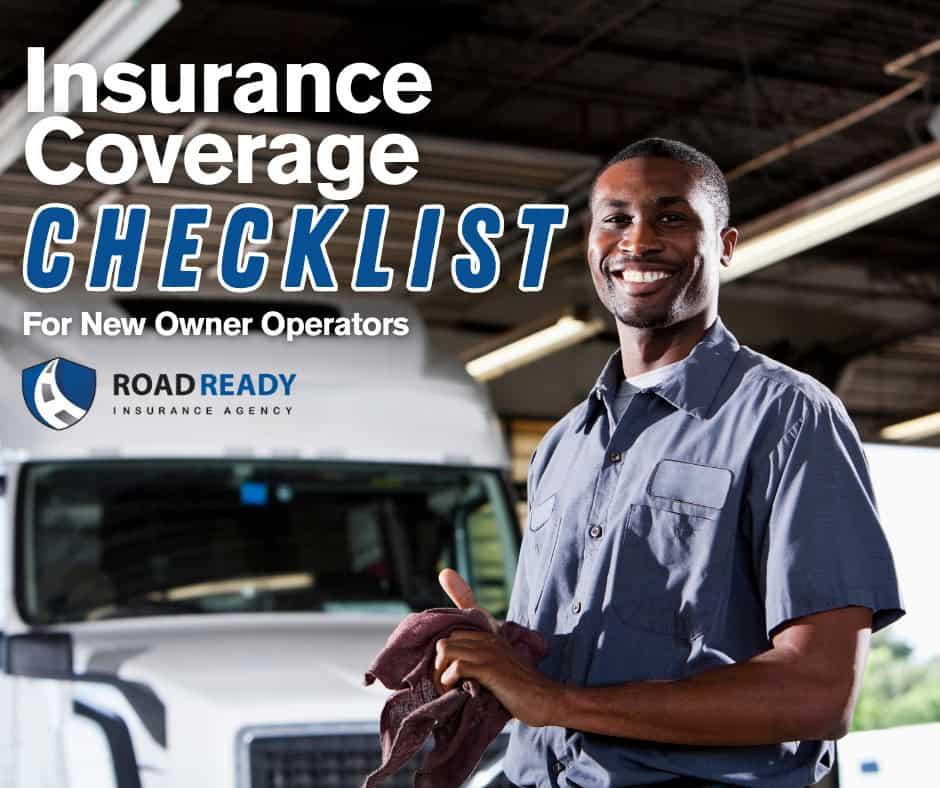When you’re an owner-operator, the freedom of the open road comes with a hefty dose of responsibility — especially when it comes to insurance. Navigating the complex world of coverage can be overwhelming, but understanding the essential insurance requirements isn’t just about compliance; it’s about protecting your livelihood, your equipment, and your peace of mind. In this article, we’ll break down the critical types of insurance every owner-operator needs to know, helping you stay fully covered and ready for whatever the road throws your way. Whether you’re just starting out or looking to update your policies, these insights are key to keeping your business running smoothly and securely.
Table of Contents
- Essential Liability Coverage Every Owner-Operator Must Secure
- Understanding Cargo Insurance and Its Critical Role in Protection
- Recommendations for Choosing Durable Physical Damage Insurance
- Navigating Regulatory Compliance Through Proper Insurance Documentation
- The Conclusion
Essential Liability Coverage Every Owner-Operator Must Secure
For owner-operators, securing robust liability coverage isn’t just a regulatory formality—it’s an absolute necessity that safeguards both their business and personal assets. This coverage protects against claims arising from bodily injury, property damage, and even environmental impacts caused by your operations on the road. Without adequate liability insurance, a single accident or mishap could lead to overwhelming financial burdens, leaving you vulnerable to lawsuits and hefty settlements. It is critical to understand that general liability alone won’t cut it; you must prioritize policies that specifically address the unique risks inherent in commercial trucking.
When selecting your liability package, focus on these indispensable components to ensure comprehensive protection:
- Primary Liability: Covers damage or injury to third parties caused by your truck and is legally required.
- Trailer Interchange Liability: Protects your assets when hauling another entity’s trailer.
- Non-Trucking Liability: Provides coverage when operating your vehicle for non-business purposes.
- Pollution Liability: Addresses environmental claims resulting from a spill or leak during transportation.
Ensuring these liability coverages are in place can mean the difference between weathering an incident and financial ruin. Always work with a knowledgeable insurance agent who understands the trucking industry’s nuances to tailor a plan that meets your specific operational risks and compliance standards.
Understanding Cargo Insurance and Its Critical Role in Protection
When transporting valuable goods, cargo insurance serves as a vital safeguard that protects owner-operators from significant financial loss caused by damage, theft, or unforeseen incidents. Unlike standard vehicle insurance, cargo insurance specifically covers the freight being hauled, which can range from raw materials to finished products. Understanding the nuances of this coverage empowers owner-operators to customize policies based on the type of cargo, route risks, and shipping conditions. Without adequate cargo insurance, a single mishap could lead to enormous liabilities, disrupting operations and threatening long-term business stability.
Key factors that influence cargo insurance coverage include:
- Type of cargo: Perishable goods, hazardous materials, and high-value items often require specialized coverage.
- Transportation modes: Coverage may vary whether goods are shipped via truck, rail, or combined transit.
- Policy limits and deductibles: Balancing premium costs against risk tolerance ensures comprehensive protection without overspending.
- Legal requirements: Some contracts or regions mandate minimum cargo insurance levels for owner-operators.
Investing in the right cargo insurance policy is not just a legal formality; it is a strategic decision that mitigates risk exposure and supports the resilience of your transportation business.
Recommendations for Choosing Durable Physical Damage Insurance
When selecting a policy to cover physical damage, owner-operators must prioritize coverage that balances comprehensive protection with cost-effectiveness. Focus on policies that clearly define what constitutes physical damage—whether it’s collision, fire, theft, or vandalism—and ensure these are included without excessive exclusions. Opt for insurers with a track record of fair claims processing and strong financial stability to avoid future headaches during critical moments.
Additionally, consider the following key factors:
- Deductible amounts: Choose deductibles that won’t strain your finances if damage occurs, but keep premiums reasonable.
- Repair network and direct repair programs: Access to authorized repair facilities can speed up recovery time.
- Coverage limits: Make sure limits reflect the actual value of your vehicle to prevent underinsurance.
- Additional riders: Look for optional coverages like glass breakage or windshield repair that can prevent out-of-pocket expenses.
Navigating Regulatory Compliance Through Proper Insurance Documentation
Staying compliant with industry regulations requires more than just securing the right insurance policies – it demands meticulous documentation and proactive management. Owner-operators must ensure that all insurance certificates, endorsements, and declarations pages are up-to-date and easily accessible. This documentation serves as undeniable proof to regulatory agencies and clients alike that their operations meet mandated safety and financial responsibility standards. Maintaining comprehensive records helps prevent costly fines, work stoppages, and legal complications that can arise from lapses in coverage or improperly submitted paperwork.
To effectively manage regulatory requirements, consider implementing a structured approach to insurance documentation that includes:
- Regular audits of insurance policies to verify coverage limits and expiration dates.
- Organized digital storage solutions for quick retrieval and sharing of certificates.
- Clear communication channels with insurance agents and brokers to update or amend documents as regulations evolve.
- Training for key personnel on the importance of compliance and documentation standards.
Such practices not only safeguard against compliance violations but also enhance your professional reputation. In a highly regulated industry, demonstrating a command over insurance requirements through proper documentation is indispensable for sustained operational success.
The Conclusion
In the complex world of owner-operators, having the right insurance coverage isn’t just a good idea—it’s a critical component of protecting your business, your livelihood, and your peace of mind. Understanding the essential insurance requirements helps you navigate risks confidently and ensures compliance with industry regulations. Take the time to assess your unique needs, consult with trusted insurance professionals, and invest in coverage that truly safeguards your operations. After all, staying informed and prepared today means driving with greater security and stability tomorrow.





